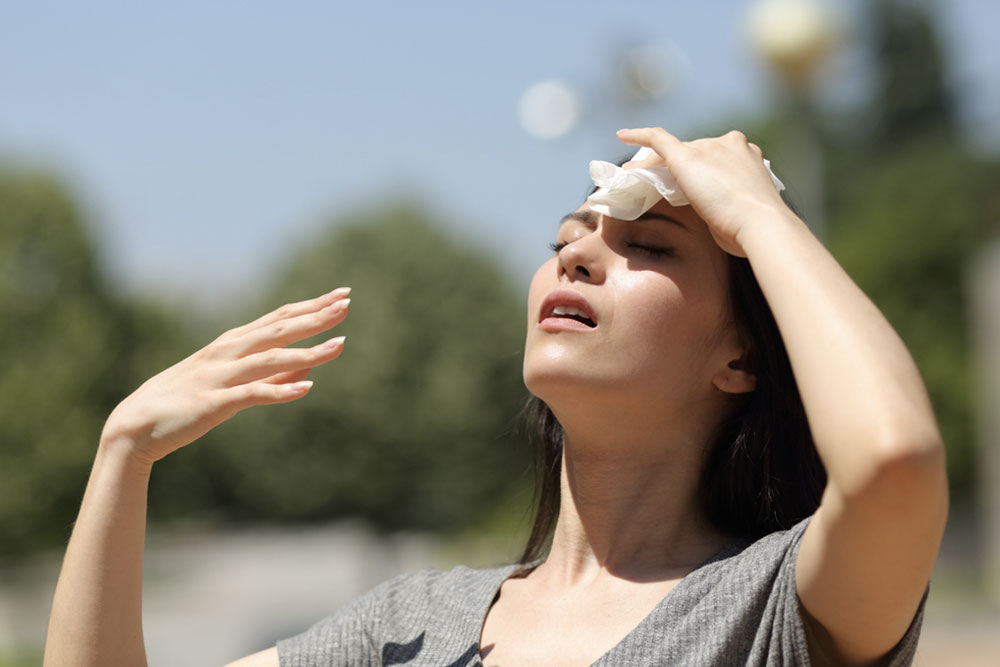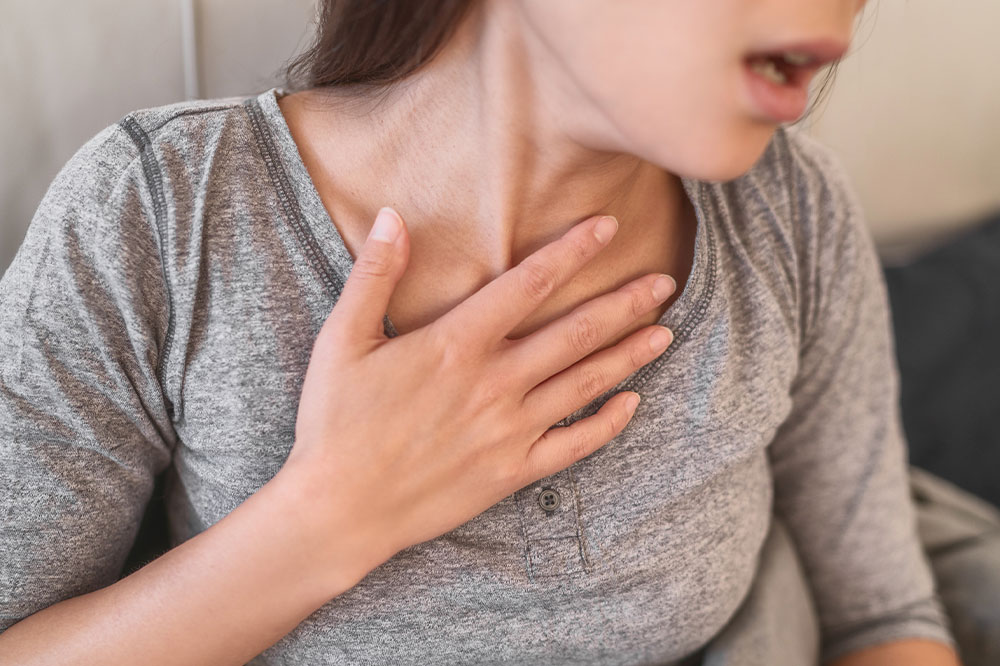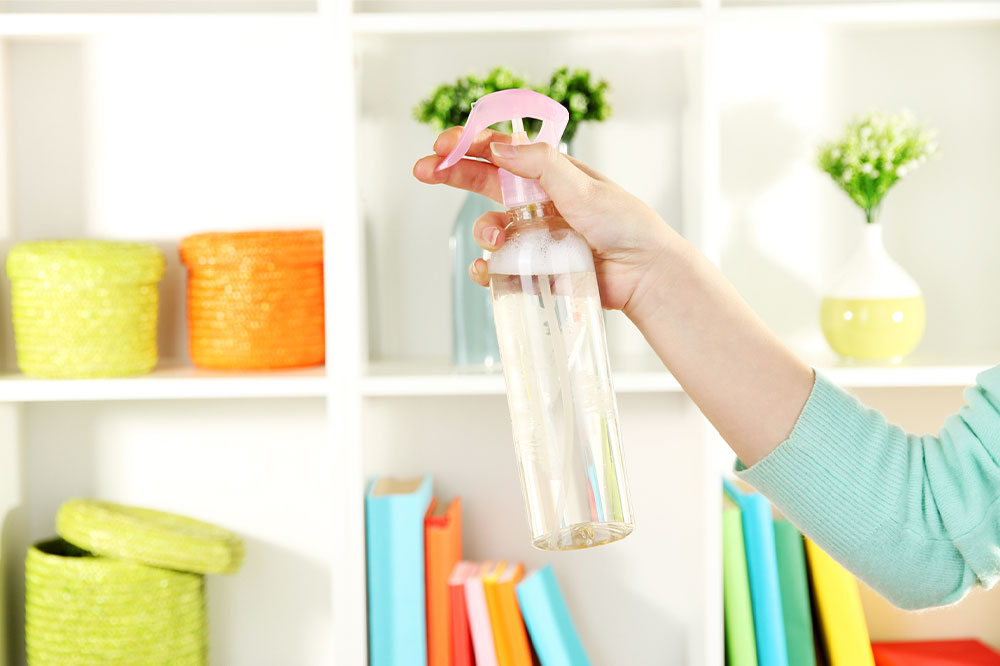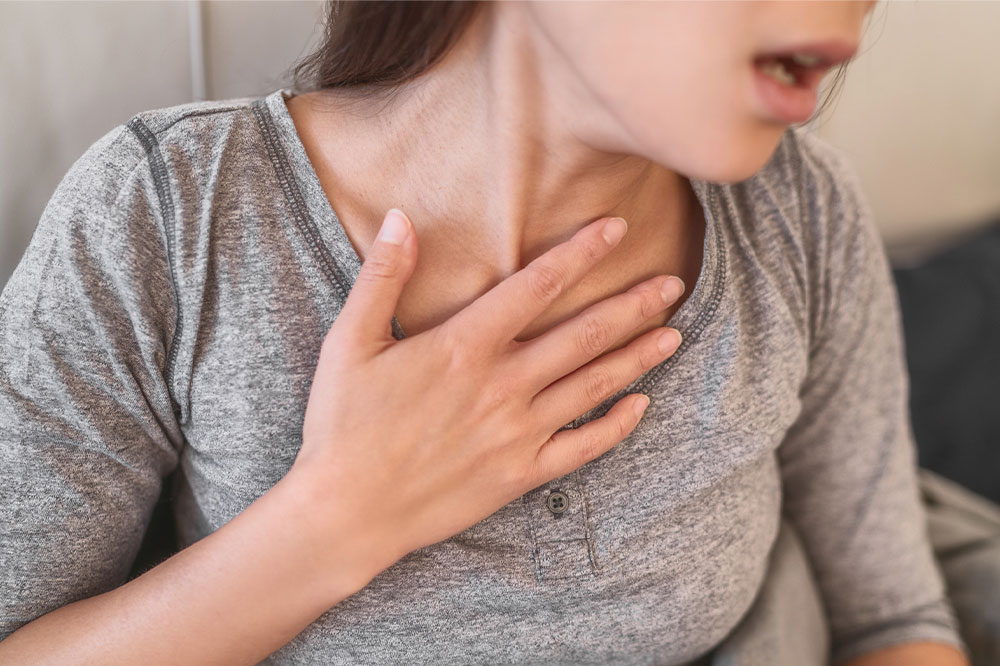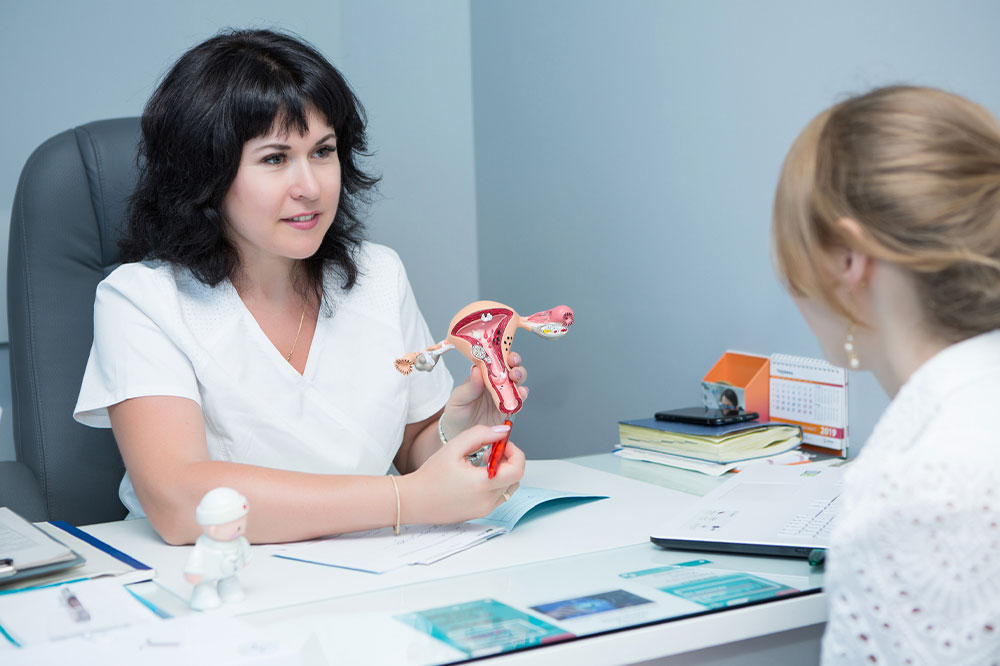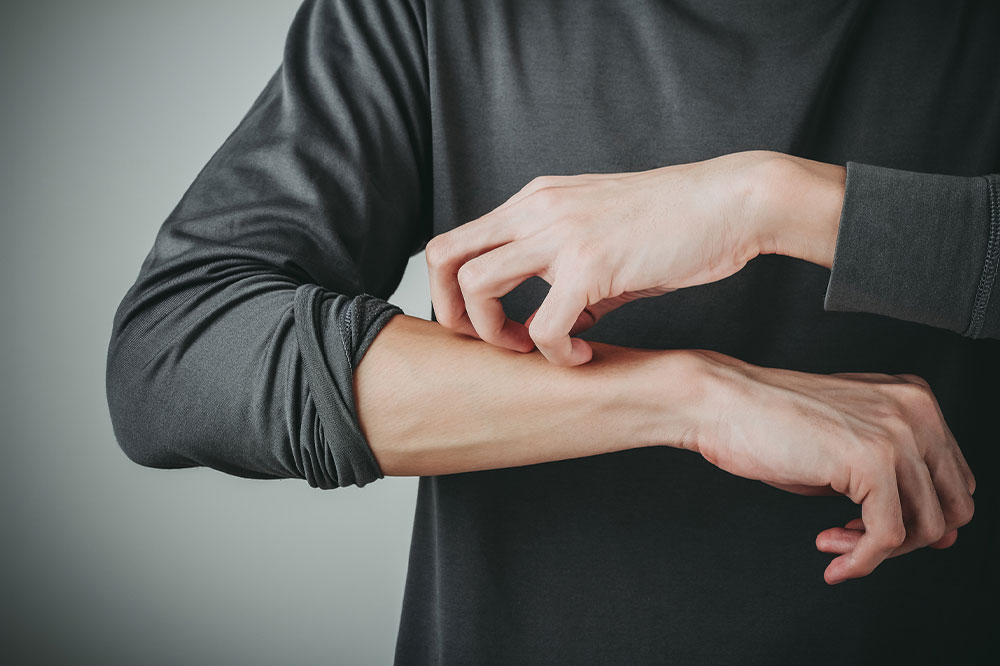6 early signs of autism in children
Autism spectrum disorder is a progressive condition that affects a child’s communication and interaction skills at a young age. Several of its known signs appear in the first 12 to 18 months of age, affecting skills required to develop a keen sense of interest. Over time, autism impacts the child’s communication, behavior, and daily routine. Parents should consult a health professional if they notice the following early signs of autism in their children. Speech-related issues One of the early signs of autism is trouble with speech. A child with autism may develop unusual speech patterns, respond in a monotonous voice, or even stop responding to conversation. Repetition of words or phrases is also indicative of such speech impairment. Changes in behavior Developing an unusual temper, throwing tantrums, and even being unable to adapt to the smallest of changes in daily routine are early signs of autism in children. Some kids dealing with autism may even resort to self-harm by banging their heads, arms, or legs on surfaces to indicate distress. Unusual movements Autism also affects cognitive functioning, which controls motor skills. Those affected might start going around in circles, rock back and forth rapidly, or flap their hands and feet.
Read More 
